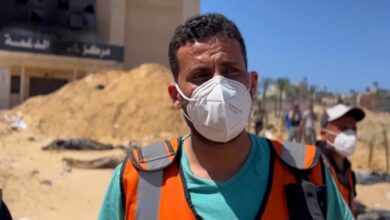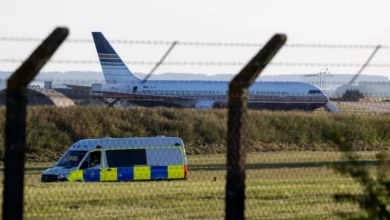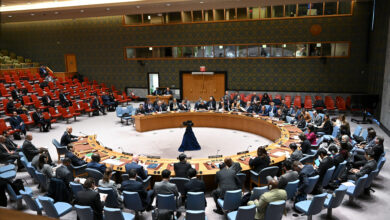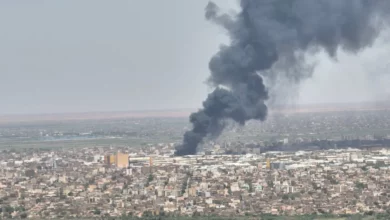Khartoum/Juba – North and South Sudan have agreed to form a demilitarized buffer zone at their joint border to defuse tensions ahead of southern secession on 9 July, the African Union (AU) said on Wednesday.
South Sudan is due to become an independent African country after voting for secession in a referendum agreed under a 2005 peace deal that ended decades of civil war.
But both sides have yet to agree on a range of issues such as who will control the flashpoint of Abyei. Defusing tensions at the ill-defined 2000 kilometer long border is another burning issue.
North and south will remove all forces from a zone of 10 kilometers on each side of the border, the AU said after the latest rounds of talks between northern and southern officials in the Ethiopian capital Addis Ababa.
International peacekeepers aided by the AU and United Nations as well as observers from both sides would monitor the buffer zone, it added.
In Khartoum, northern presidential assistant Nafie Ali Nafie confirmed the agreement due to be implemented within ten days. He said checkpoints would be set up inside the buffer zone to monitor movements.
North and south also in principle agreed on a ceasefire in the northern state of South Kordofan but need to work out details at another meeting in Ethiopia next week, said Mutrif Siddig, northern state minister for humanitarian affairs.
"There is an agreement in principle," he told reporters after arriving at Khartoum airport from talks in Addis Ababa.
Tensions have flared up in the border state of South Kordofan, home to much of Khartoum's future oil wealth after the southern secession, where the northern military has been fighting southern-aligned armed groups.
Last week, US Ambassador to the United Nations Susan Rice said Washington was "gravely concerned about the humanitarian situation in Southern Kordofan."
On Monday, the UN Security Council unanimously approved a US-drafted resolution authorizing deployment of 4200 Ethiopian troops to the Abyei region for a six-month period.
The resolution establishes a new UN peacekeeping force, called the United Nations Interim Security Force for Abyei, or UNISFA.
Its adoption comes after north and South Sudan signed a deal in Addis Ababa to demilitarize Abyei and let Ethiopian troops monitor the peace. []
In a power play ahead of the split, Khartoum sent tanks and troops into Abyei on 21 May, outraging the south, human rights groups and regional and global powers who called it a violation of the 2005 deal that ended Sudan's long civil war.
The UN move followed an attack on a convoy of northern troops and UN peacekeepers which the north blamed on the south and which the UN said was likely to have been carried out by southern police or army.
Another conflict is the future sharing of oil revenues, the main source of income for both countries.
About three-quarters of Sudan's roughly 500,000 barrels per day of oil output comes from the south, but most of the refineries, pipelines and ports are in the north.
Sudan's President Omar Hassan al-Bashir threatened last week to shut down oil pipelines if the south refuses to pay transit fees or continue the current arrangement of sharing revenues 50-50.




